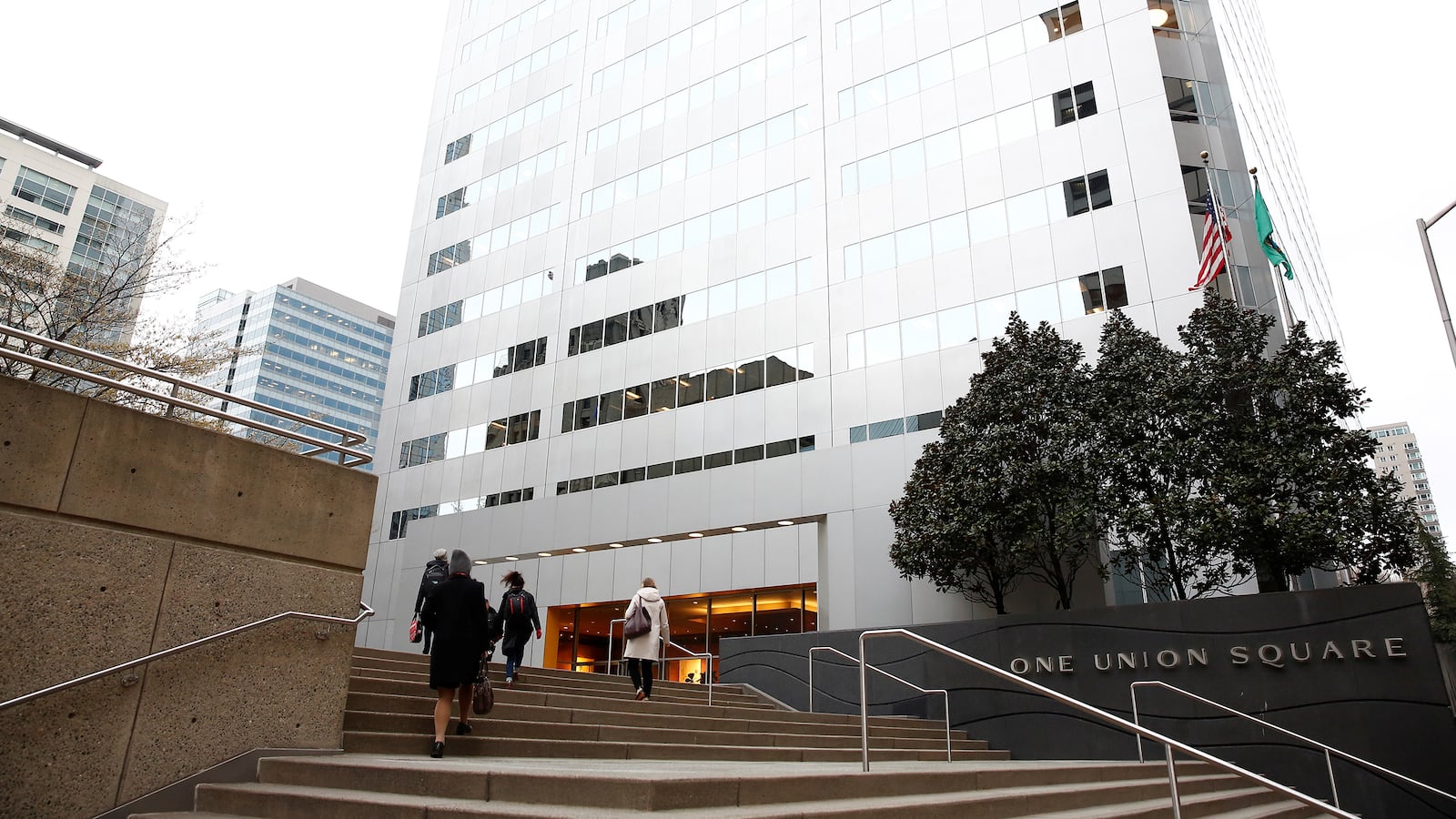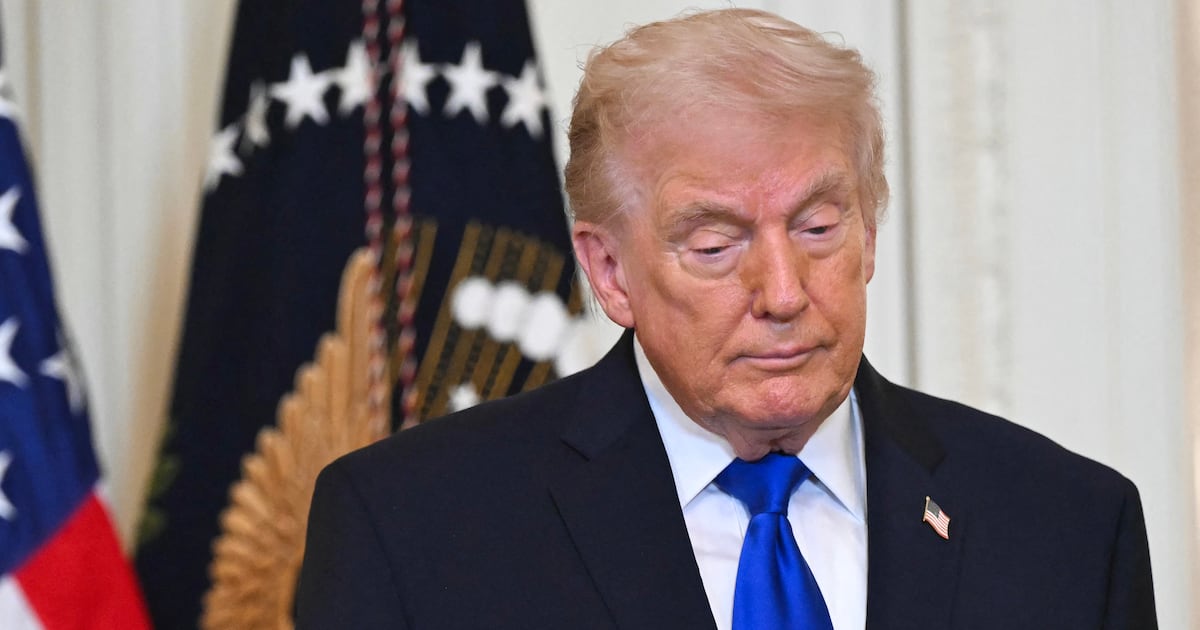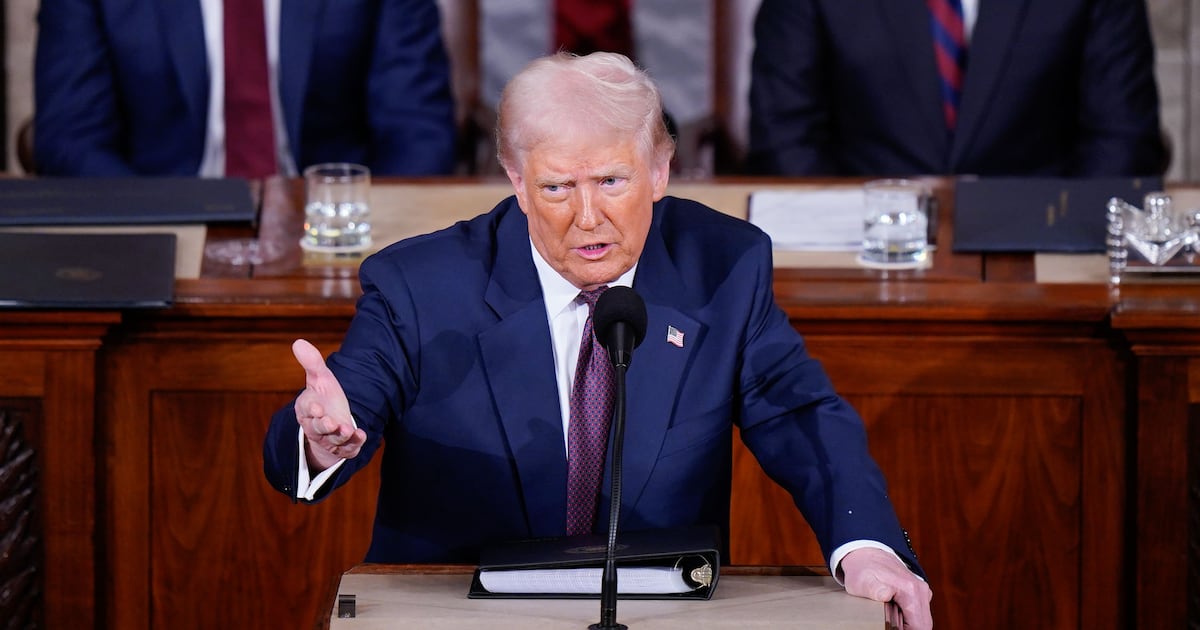The Trump administration launched a broadside against Russia in response to its alleged involvement in the poisoning of a Russian intelligence defector, expelling 60 diplomats and shuttering a consulate in Seattle, Washington, as part of a coordinated retaliation with European allies. So far, 20 countries have booted some 100 Russian officials.
The State Department described the move as a response to Russia’s alleged involvement in the use of a nerve agent against former Russian double agent Sergei Skripal and his daughter Yulia, which also sickened a local policeman. The expulsions target 48 Russian diplomats from Russia’s bilateral mission to the United States as well as 12 officials the State Department has labeled as “intelligence operatives” at the Russian mission to the United Nations.
British Prime Minister Theresa May accused Russia of responsibility for the attack, claiming Russian operatives used a powerful, top-secret nerve agent, developed in the waning days of the Cold War, against Skripal and his daughter. May told parliament on Monday that Skripal and his daughter were still severely ill and “may never recover fully” from the attack
May has sought to enlist the U.K.’s allies in Europe and the U.S. for a unified response to the alleged Russian attack, in addition to Britain’s expulsion of 23 Russian diplomats. The Trump administration announced that it agrees with the British assessment of Russian culpability in the attack and the European Council issued a statement last week that “highly likely that the Russian Federation is responsible” for the incident.
But the most powerful display of unity thus far came on Monday, when 15 European Union members expelled 31 Russian diplomats, with additional expulsions from non-EU states such as Ukraine, Canada, Albania, and Norway.
In addition to the U.S. expulsions, the State Department also said it would be closing the Russian consulate in Seattle. Senior administration officials told the AP that they were concerned about Russia intelligence using the consulate there as a hub for espionage against the U.S. Navy. The Seattle area is home to one of two U.S. ballistic and cruise missile submarine bases, alongside Kings Bay Georgia, as well as Seawolf-class attack submarines.
Russia has reportedly used at least one of its U.S. diplomatic facilities for espionage against a U.S. naval base. In a new book, Michael Isikoff and David Corn report that the Russian compound in Maryland shuttered by the Obama administration in 2016 concealed “electronic listening posts aimed at picking up signals along shipping lines into the U.S. naval base at Norfolk.”
But the Seattle area also represented a large and thus far relatively unscathed target in the wake of previous rounds of retaliation, which had already targeted Russian espionage in the U.S.
In the waning days of 2016, the Obama administration ordered a belated retaliation for Russia’s meddling in the 2016 election and expelled 35 Russian diplomats it accused of working for the country’s intelligence services and shut down two facilities in Maryland and New York that “used by Russian personnel for intelligence-related purposes.”
Moscow didn’t retaliate immediately and waited to see how the incoming Trump administration would handle the diplomatic fallout. But after the Trump administration signed sanctions legislation in 2017 designed to punish Russia for election meddling, Russia responded angrily and seized two U.S. diplomatic compounds and ordered large cuts to staff from the U.S. Mission in Russia. The moves triggered another round of retaliation from the Trump administration and in August 2017, the State Department ordered the closure of the Russian consulate in San Francisco as well as a chancery annex in Washington, D.C., and a consular annex in New York.
The consulate in Seattle, home to a large Russian-American diaspora, may have been the next logical target for the most recent wave of expulsions because of its relative size, according to David Gomez, a retired FBI counterintelligence executive in Seattle.
“Given that San Francisco, which was the largest consulate on the West Coast, was closed down, it does not surprise me that Seattle was next on the hit list,” Gomez told The Daily Beast. The closure of the consulate in San Francisco may have made Seattle all the more important to Russian intelligence officers. “It’s like a balloon. You squeeze it one place and it bulges someplace else. It would be my expectation that Seattle would've picked up the slack,” Gomez said.
The city’s growing technology industry may have also been a desirable target for Russia’s intelligence services, Gomez believes
Seattle was also home to two of the alleged Russian sleeper agents arrested in a 2010 FBI crackdown on a Russian Foreign Intelligence Service (SVR) spy ring, the married couple Michael Zottoli and Patricia Mills. Zottoli purported to be an American born in Yonkers, New York, while his wife used a forged passport for cover as a Canadian citizen. The two lived in the Seattle area during the late 2000s while studying business at the University of Washington.
Most of the espionage activity the FBI accused Zottoli and Mills of took place after a 2009 move to Arlington, VA, but a covert FBI search of their Seattle apartment turned up a notebook with codes in it and a radio for what the feds said was clandestine communication with Russian intelligence.
Russia has strongly denied the allegations that it was behind the attack on Skripal and in a briefing by a top Russian foreign ministry non-proliferation official, suggested the British government itself may have been behind the attack, saying the incident is “most likely a clumsy staged provocation.”
The Russian foreign ministry has yet to specify its response to the mass expulsions of its diplomats but offered a warning in a press release following the announcements. “It goes without saying that this unfriendly move by this group of countries will not go unnoticed, and we will respond to it.”






